Meet the Project: 'The Demise of Religions'
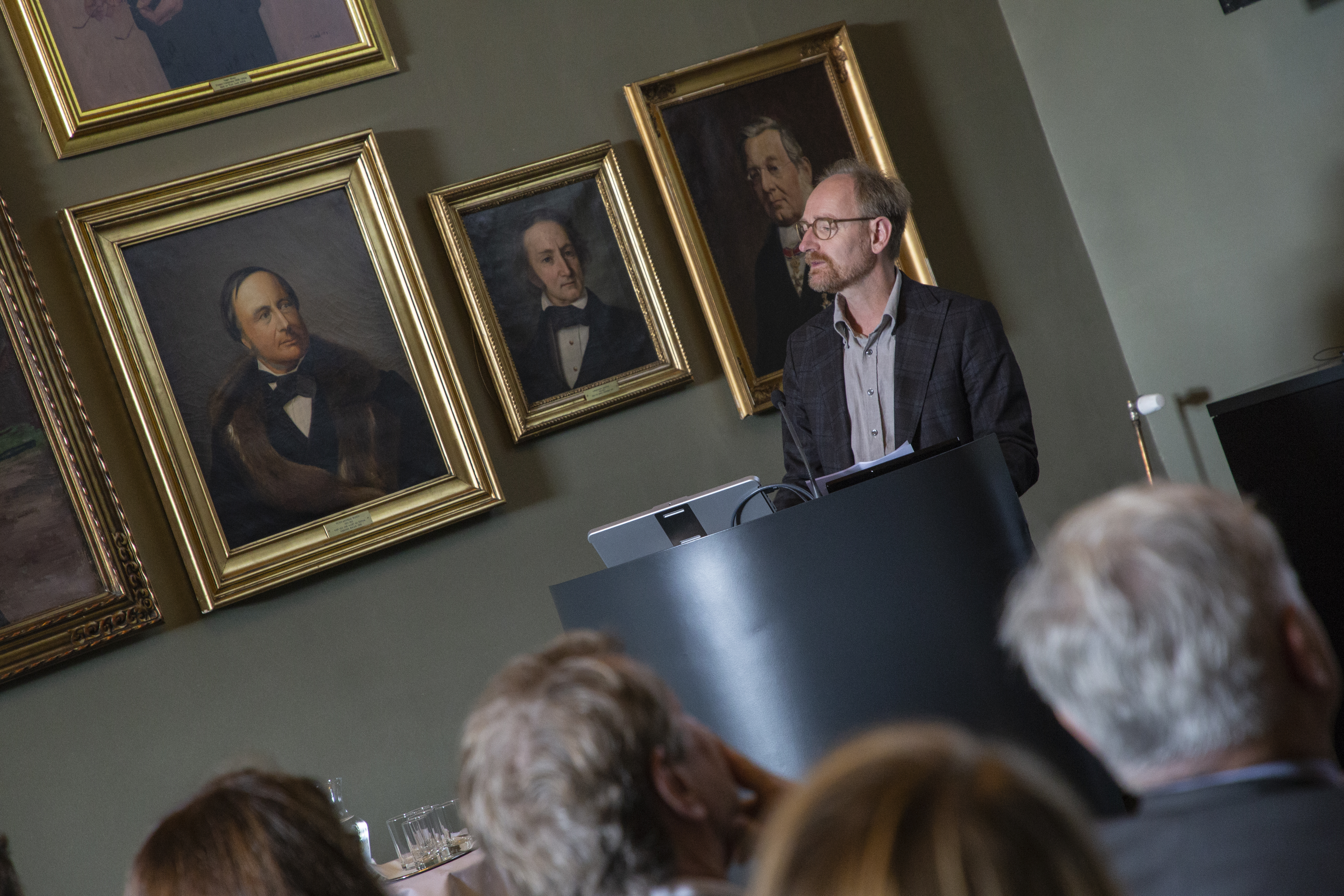
This month, we're sitting down with the 2018/19 CAS project leaders and fellows to hear about their plans for their year at the Centre. Today: The Demise of Religions.
Much of the scholarly work in the field of religious studies focuses on two phenomena: how individual religions begin, and how religion in general ends.
James Lewis, professor of religious studies at the University of Tromsø - The Arctic University of Norway (UiT), and Michael Stausberg, professor of religion at the University of Bergen (UiB), want to explore the in-between -- the process by which specific religions dwindle and ultimately die.
‘Our group wishes to … provide a comparative analysis of the why and how of the decline of religions,’ Lewis and Stausberg write in the project abstract. ‘The main shared research agenda of the group will be to develop an overarching analysis, typology, vocabulary, and theory of the demise of religion. The spectrum of cases ranges from religiocide -- the voluntary destruction or dismantling of religions, similar and often connected to genocide, cultural genocide, or cultural cleansing -- to the gradual attrition or creeping erosion of religions.’
To that end, Lewis and Stausberg have invited scholars who are experts in different religions, ranging from those practiced in ancient Egypt and the Nordic region to contemporary Japan and the West. The scholars represent colleges and universities in seven different countries.
Strausberg and Lewis sat down shortly after arriving at CAS to discuss their plans for the project. Read their thoughts below.
Read more about the project, The Demise of Religions, here.
- Tell us about your project. What do you plan to work on during your year at CAS?
James Lewis: In religious studies, people have been obsessed with the beginnings of religions, and then, with the secularisation hypothesis, there were a lot of people who wrote on the end of religion -- but the end of religion in general. There’s been very little written on how specific religions end.
Michael Stausberg: In a way it’s an exercise in changing perspectives on writing history of religions -- looking toward the end rather than the beginning. We are dependent in our history writing on sources, on how things have been told, and often what we have are the tales by those who are still there. We know relatively little about the perspective of the ‘losers’ and might find how they dealt with decline. Did it come completely as a surprise to them? Did they take any countermeasures if they saw it coming?
- Why is CAS the right arena for this type of project?
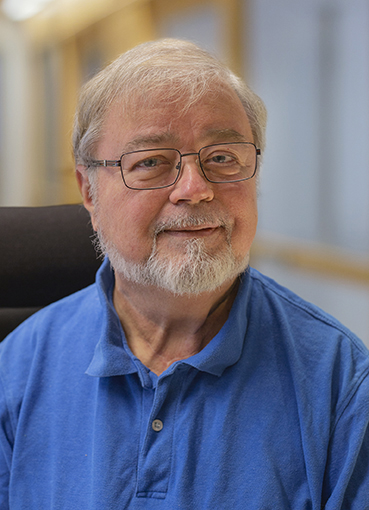
But if the people who are working on this topic are all together, then maybe I have an idea and they say ‘Well, it’s really quirky. You’re not taking into account this, that, and the other.’ We can bounce off each other. That’s what I think is really valuable about this situation.
Stausberg: What I like about CAS is that this is not a typical research project. I have experienced it to be more like a laboratory, an experimental place where you can explore things. In a research project, usually you have clear milestones and very clear output plans. When a project proposal is assessed, often the question is ‘Is it feasible?’ Whereas here it seems more like it’s providing a space -- or what I would call a refuge -- to see what is going to happen. It’s more open, more exploratory. And in order to make things happen, we have this incredible freedom to invite people to be here with us. That is also, I believe, what attracted them, that they could come to a place where they were free to explore rather than produce a predefined product.
- How did you decide which scholars to invite? It seems like you have picked individuals who are experts in different religions and cultures. Is that how you went about it?
Lewis: I think that was a very conscious decision.
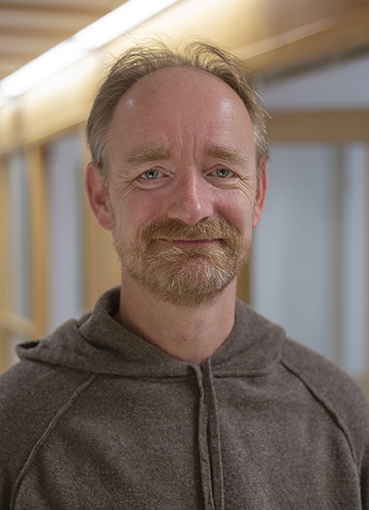
Lewis: My larger idea, larger context for what I’m doing is I’m seeing things in a whole new light.
- Where do you hope you'll be a year from now?
Lewis: Pre-being here, we had thought in very conventional terms about having everybody write a paper on their area and putting it into a big anthology, and perhaps write a monograph. But since we’ve been here, we’re not sure where this is going to lead.
Stausberg: I certainly want to have explored more things that I wouldn’t have had the opportunity to explore otherwise, discussed more ideas, learned from eminent colleagues, and maybe gotten a different picture of things. I’m sure publication wise something will come together, but I’m at present not thinking in those terms. We’re working with different people over the year, so you cannot really plan this as a progressing thing. People will come in later who haven’t been part of the process, so I rather see us enlarging our perspectives with the different people who are here rather than all pulling one train that is leading into a predetermined station.
Here's what some of the fellows participating in The Demise of Religions have planned for their year at CAS:
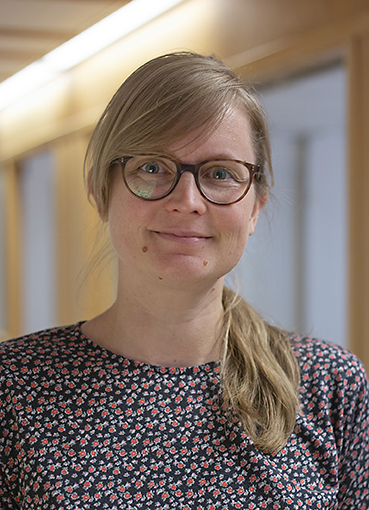
Janne Arp-Neumann, postdoctoral fellow at the University of Göttingen:
'In my time at CAS, I will scrutinise previous scholarly approaches to the demise of ancient Egyptian religion. I will analyse the transformations in representations of the god Seth to challenge the idea that Egyptian religion’s supposed spiritual deficiency was only met with the rise of Christianity.'
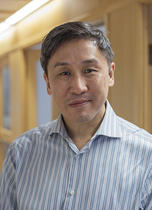
Richard Lim, professor at Smith College:
‘As part of The Demise of Religions at CAS, I will focus on Manichaeism and how approaches to the end of religions in other fields can inform our conceptualisation and narration of its many transformations, including its supposed final demise.’
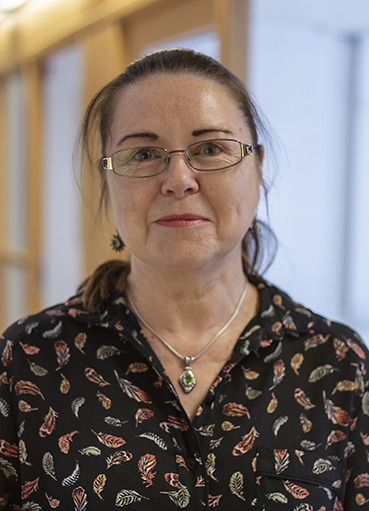
Carole Cusack, professor at the University of Sydney:
'The Demise of Religions project is an opportunity to study radically different cases, like the mass suicide of 39 members of Heaven's Gate in 1997, and the peaceful disbanding of Kerista in 1991. And because the life cycle of many new religions is short, scholars can get insights into both beginnings and endings.'